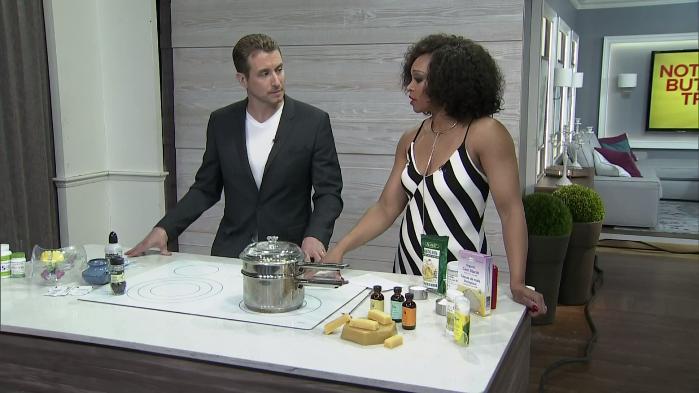Switch these ten popular over-the-counter drugs for all-natural, chemical-free treatments!
1) Painkiller
Be careful of and limit use of some over-the-counter meds like aspirin and ibuprofen, which could cause liver and kidney damage if abused. For headaches, try magnesium. For muscle aches, pains, bruises and muscle strains, switch out your pain cream with arnica – available in tablets or gel – a homeopathic remedy that can be used for treating minor bruises and muscle strains. It can reduce pain and swelling and speed healing. Also keep a flexible cold pack handy to manage pain and swelling from an acute minor injury such as a strain or sprain.
2) Sleeping pill
For sleeplessness due to stress or anxiety, switch out gravol and try an amino acid called L-theanine. It helps promote relaxation and improve sleep quality without causing next-day drowsiness. For sleep issues triggered by shift work or travel, try melatonin. Melatonin is a hormone naturally secreted by the body that regulates our sleep/wake cycles. Melatonin levels naturally decline as we age.
3) Anti-nausea drug
For nausea, upset stomach, or heartburn, switch out peptobismol or tums for ginger. Studies show that the very potent anti-inflammatory compounds called gingerols found in ginger can help relieve motion sickness, dizziness, nausea and gas, and soothe the intestinal tract. You can find supplemental ginger in capsules and chewables in health food stores or just slice some ginger root and chew or make tea.
4) Allergy drug
You don’t really need to switch out antihistamine but you can add Quercetin – a bioflavonoid antioxidant that regulates the degranulation of mast cells – to your cabinet. It prevents the release of histamine thereby requiring less antihistamine in the first place, which will improve the power of your OTC antihistamine. Also, consider adding local honey to your diet and bee pollen to your salad/breakfast cereal.
5) Constipation medication
Eat enough vegetables, fruit and other fiber-rich foods. Switch out stimulating irritants like senna to regulate fiber supplements and help improve digestive function. Look for “invisible fiber” that mixes easily with water and is taste-free and odor-free.
6) UTI drug
Cranberry extract (but not cranberry juice) works to help treat and prevent UTIs. Use a simple taste and visual test to determine if you have the right cranberry extract.
7) Insect repellent
Don’t necessarily switch out your insect repellent (there is a major tick epidemic and Lyme disease is on a considerable rise) but consider concomitant use of certain essential oils and protective gear. If you’re going into the woods, arm yourself with a tick removal kit.
8) Sunblock
Switch oxybenzone (known to contribute to skin cancer) for physical blockers (zinc oxide or titanium dioxide).
9) Deodorant
Switch aluminum and fragrances (which contribute to neurological issues and hormone distribution) for essential oil based sticks.
10) Aging cream
Switch out/ complement your anti-aging creams by adding collagen to your diet. Human clinical evidence shows that you can slow down viable signs of aging and support joints by using the right kind of collagen.



